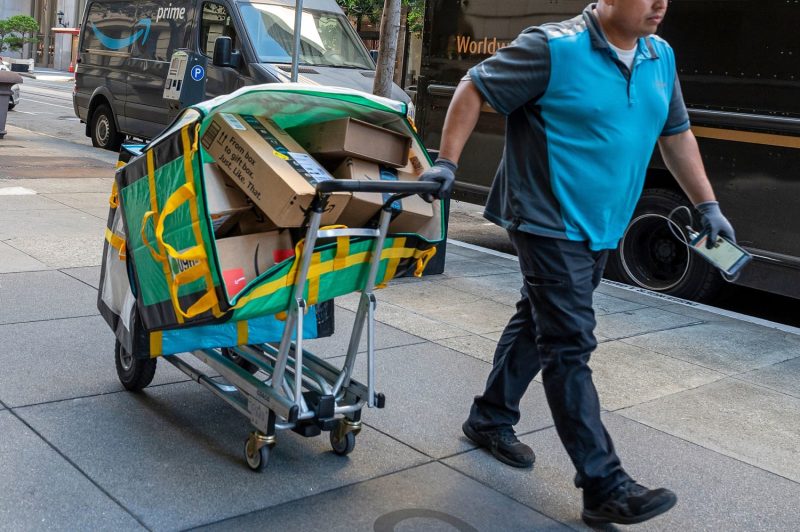Amazon Sued by D.C. AG for Allegedly Excluding Neighborhoods from Prime Delivery
The recent lawsuit filed by the Attorney General of Washington, D.C. against Amazon has brought to light serious allegations of discrimination in the distribution of Prime delivery services. The lawsuit specifically accuses Amazon of deliberately excluding certain neighborhoods from the benefits of its Prime delivery service, resulting in unequal access to fast and efficient deliveries for residents in those areas.
This legal action is a significant development that sheds light on a prevalent issue of digital exclusion and inequitable access to essential services. With Amazon being a dominant player in the e-commerce landscape, its practices have far-reaching implications for customers across various communities. The allegations put forth by the D.C. AG raise important questions about corporate responsibility, fairness, and the impact of technology on society.
When examining the implications of this lawsuit, it becomes evident that the concept of digital redlining is not confined to the realm of online platforms. By allegedly restricting Prime delivery services from certain neighborhoods, Amazon is perpetuating economic disparities and reinforcing existing inequalities. Access to fast and reliable deliveries is not merely a matter of convenience; it can have tangible effects on daily life, especially for individuals who rely on online shopping for essential goods and services.
Furthermore, the lawsuit underscores the urgent need for greater transparency and accountability in the operations of tech giants like Amazon. As companies leverage data and technology to optimize their services, issues of fairness and non-discrimination must be at the forefront of their decision-making processes. The legal challenge against Amazon serves as a reminder that corporate practices can have profound societal repercussions and that regulatory oversight is essential to safeguard the interests of all consumers.
In response to these allegations, Amazon has stated that it is committed to providing convenient delivery options to all customers, regardless of their location. However, the discrepancy in service availability highlighted by the lawsuit raises questions about the implementation of this commitment in practice. Moving forward, it is crucial for Amazon to address these concerns transparently and proactively to uphold its reputation as a customer-centric company.
Ultimately, the lawsuit against Amazon serves as a wake-up call for the e-commerce industry and underscores the importance of fostering inclusivity and accessibility in the digital realm. By holding companies accountable for their practices and advocating for fair treatment of all customers, we can strive towards a more equitable and just society where access to essential services is not determined by one’s postal code. The outcome of this legal battle will undoubtedly have far-reaching implications for the future of e-commerce and consumer rights, setting a precedent for the industry as a whole.

